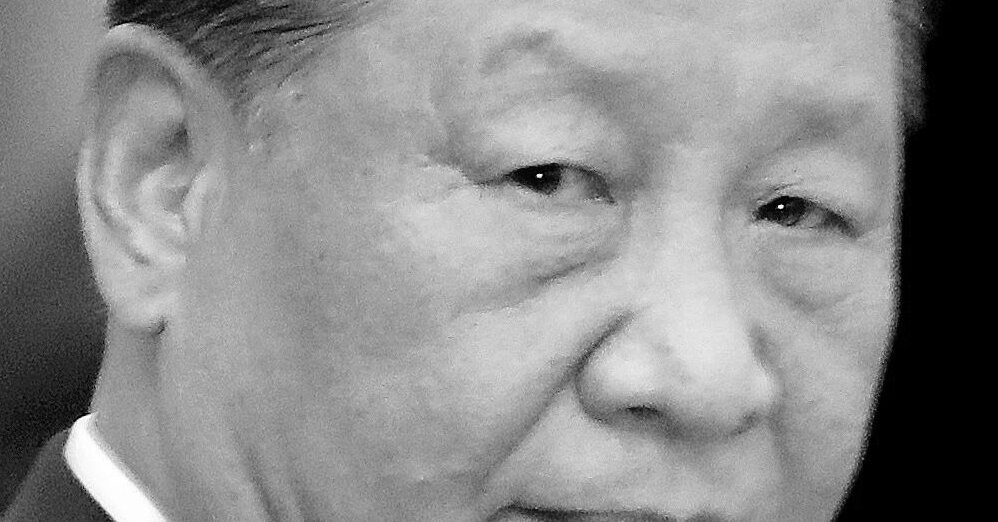China is emerging as a leader in the global fight against climate change through its state-led efforts in green technology. The country’s export of solar panels, electric cars, and other green technologies to developing countries is booming, showcasing its commitment to decarbonization. While this approach may be seen as unfair from an American neoliberal economic viewpoint, China’s leaders prioritize long-term stability and recognize the importance of taking action against climate change. The threat of climate change was made more tangible in 2022 when China experienced a record-breaking heat wave that had devastating effects on its environment and people.
The Chinese government’s focus on green technology and sustainability stems from its desire to avoid the fate of past dynasties that fell due to failure to adapt to changing realities. China’s Communist Party values constant struggle and recognizes the importance of making a green transition in order to secure its future. This transition is being spearheaded by leaders with backgrounds in science, technology, and environmental issues, such as Shanghai’s mayor, Chen Jining. Additionally, significant investment is being made in developing new technologies and creating corporate champions in renewable energy.
The dominance of China in the green technology sector poses a challenge to the United States, which has historically been a global leader in innovation and industrial power. The American response to climate change will be crucial in determining the country’s future power and influence, much like its success in combating fascism in the early 20th century. As China continues to push forward with its ambitious green initiatives, it is important for the U.S. to also prioritize sustainable solutions and invest in renewable energy technology in order to remain competitive on the global stage.
Brazil, Pakistan, Indonesia, and other developing nations that are already feeling the effects of climate change will need access to affordable green technologies to combat the crisis. With China leading the way in exporting solar panels, electric cars, and other green products, these countries may look to China for solutions. This could potentially shift the balance of power in international relations as countries align themselves with the provider of innovative green technologies. The role that China plays in the global fight against climate change will have far-reaching implications for American power and influence in the coming years.
Overall, the global battle against climate change has become a key arena for competition among nations, with China emerging as a leader in green technology. The country’s state-led approach to tackling climate change has put it at the forefront of innovation and sustainability, positioning it as a potential powerhouse in the global economy. As China continues to invest in renewable energy and environmental protection, other nations, including the United States, will need to adapt and prioritize sustainable solutions in order to maintain their influence and power on the world stage. The outcome of this competition will shape the future of international relations and the fight against climate change for years to come.


